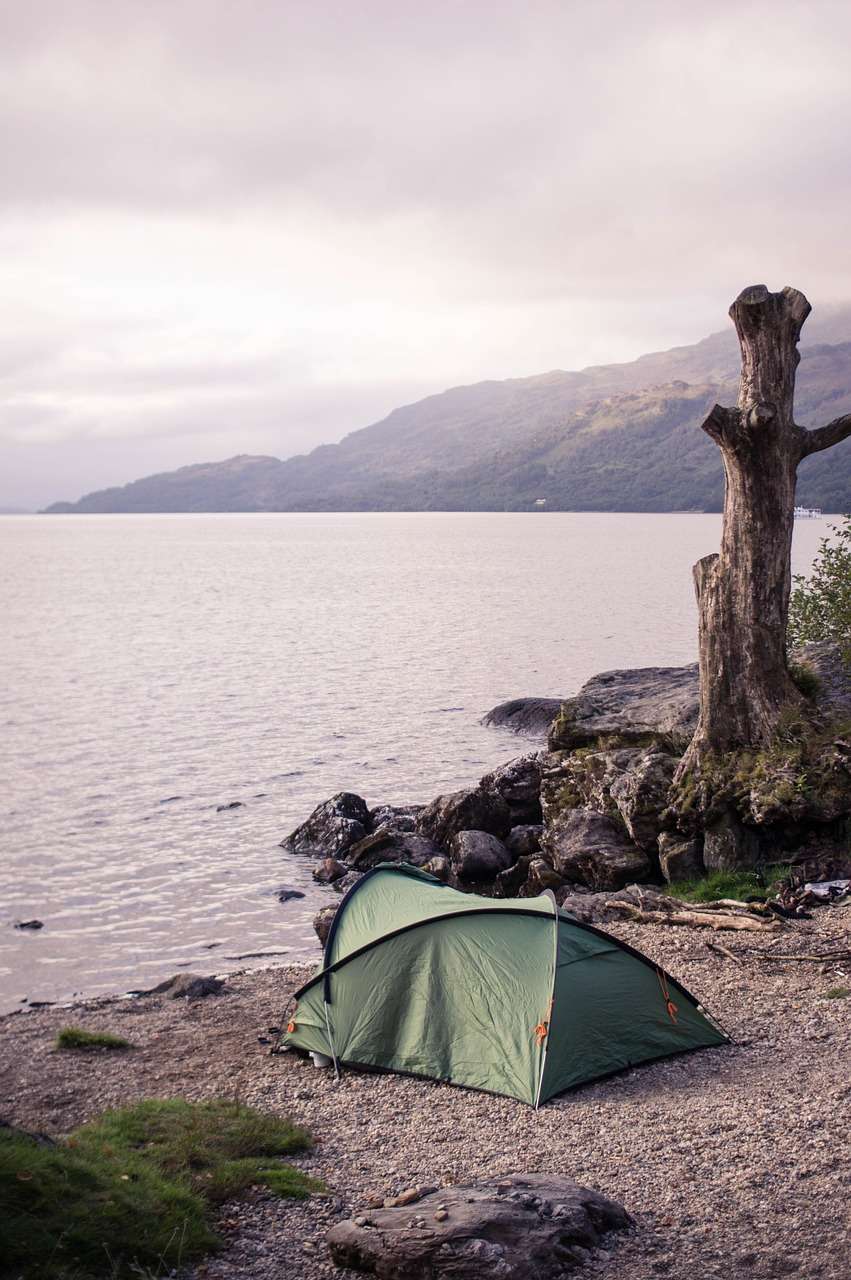Living off-grid has become a popular lifestyle choice for many seeking independence and sustainability. And a few have problably thought the question “Can you live off-grid in a foreign country?” So lets talk about taking this self-reliant approach to a whole new level, in a foreign country. Is it even possible? Well, let me tell you, from my own experience, that it definitely is. Embarking on a journey to live off-grid in a foreign land can be both challenging and rewarding, as I quickly discovered when I traded the comforts of city life for a remote corner of a beautiful country.
The short answer
Yes, it is possible to live off-grid in a foreign country. The article outlines several key considerations and steps for achieving this lifestyle. Firstly, extensive research is crucial, including investigating the regulations, incentives, and infrastructure for off-grid living in different countries. Climate and geography are significant factors, as they influence the feasibility of renewable energy sources and food production. Legal requirements, including land ownership and building codes, vary by country and must be understood. Ensuring safety and security is also essential, especially in terms of local crime rates, political stability, and healthcare infrastructure.
Finding suitable land involves understanding local land ownership laws, assessing resource availability, and evaluating sustainability potential. Various off-grid living options are available, such as building a customized home, living in a tiny house, or joining eco-villages. The article also discusses the importance of energy generation, water management, food production, waste management, and maintaining internet and communication. Finally, it emphasizes the importance of cultural integration, including learning the local language and adapting to cultural norms. Overall, living off-grid in a foreign country can be a rewarding experience with proper planning and preparation.
Can You Live Off-grid in a Foreign Country?
Living off the grid is a concept that has gained significant popularity in recent years. Many people are drawn to the idea of living a self-sufficient and sustainable lifestyle away from the hustle and bustle of urban areas. But can you live off-grid in a foreign country? The answer is yes, but there are several factors to consider before making the leap.
Researching Off-Grid Possibilities
Before deciding to live off-grid in a foreign country, it’s crucial to conduct thorough research. Start by exploring countries that are known for their off-grid communities and sustainable living options. Look into their regulations, incentives, and infrastructure that support off-grid living. Consider factors such as access to clean water, arable land, and renewable energy sources. Additionally, look for communities or organizations that are already established in the country and can provide guidance and support.
Considering Climate and Geography
The climate and geography of a foreign country play a significant role in determining the feasibility of off-grid living. It’s essential to consider factors such as temperature, rainfall patterns, and natural disasters. Different climates require different approaches to renewable energy and food production. For example, countries with abundant sunlight may be ideal for solar power, while those with strong winds can benefit from wind turbines. Understanding the climate and geography will help you choose a location that aligns with your off-grid goals.
Understanding Legal Requirements
When considering living off-grid in a foreign country, it’s crucial to understand the legal requirements and restrictions. Some countries have specific regulations regarding land ownership, building codes, and off-grid practices. Research the legal framework of the country you’re interested in and consult with legal professionals who specialize in sustainable living. Understanding the legal landscape will help you make informed decisions and avoid unnecessary complications down the line.
Assessing Safety and Security
Safety and security should always be a top priority, especially when living off the grid in a foreign country. Research the local crime rates, political stability, and healthcare infrastructure of the country. Consider the proximity to medical facilities and emergency services. Additionally, evaluate the presence of supportive communities or networks that can provide assistance during challenging times. Prioritizing safety and security will ensure a smooth transition to off-grid living in a foreign country.
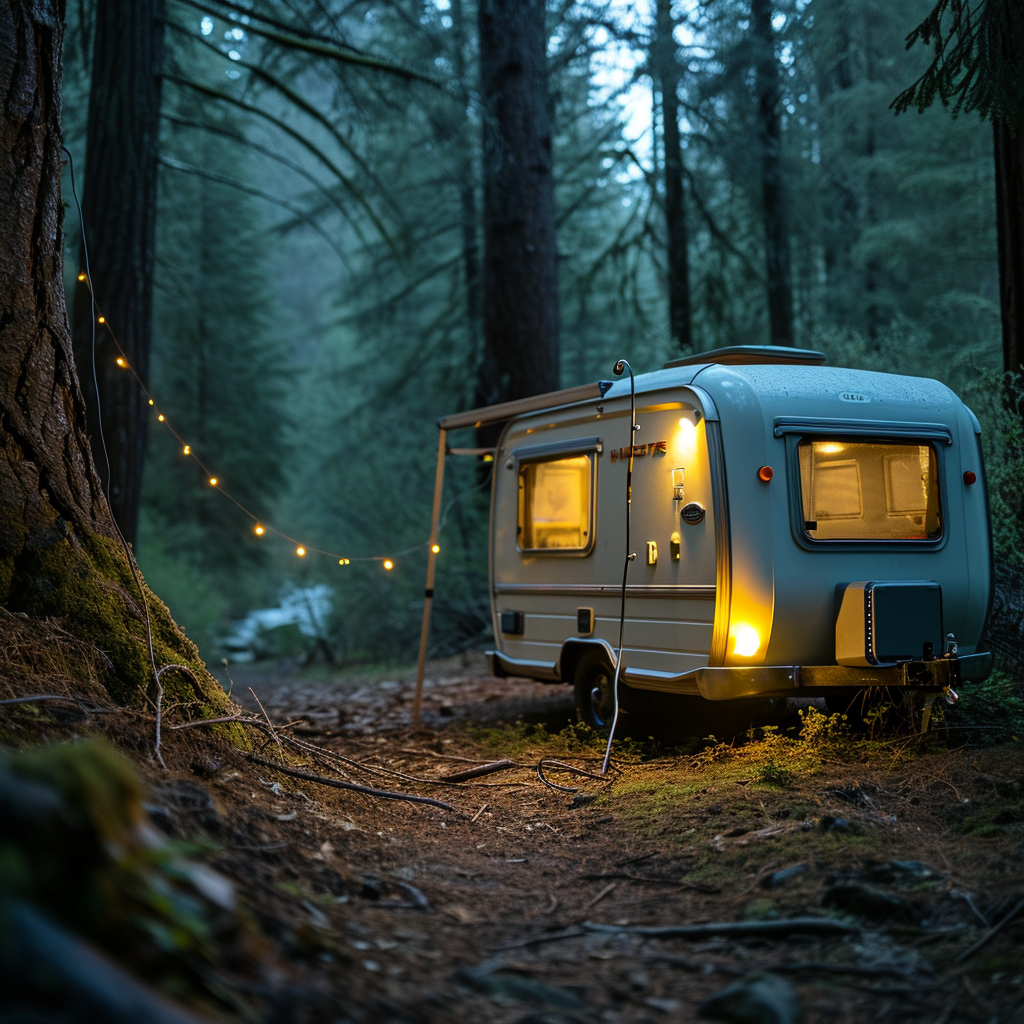
Finding Suitable Land
Once you’ve chosen a foreign country to live off-grid, the next step is finding suitable land. Here are some essential factors to consider during your search:
Exploring Land Ownership Laws
Understanding the land ownership laws of the foreign country is crucial before making any land purchase. In some countries, land ownership may be restricted to citizens or have specific requirements for foreigners. Research the legal framework surrounding land ownership and consult with real estate professionals who are familiar with the local regulations. It’s important to ensure that you have the legal right to own the land on which you plan to build your off-grid home.
Determining Accessibility and Resources
Accessibility to amenities and resources is vital when choosing land for off-grid living. Consider the proximity to markets, schools, hospitals, and other essential services. Assess the availability of natural resources such as water and timber, which are crucial for sustainable living. Additionally, evaluate the accessibility of the land, especially during adverse weather conditions. Ensuring easy access to resources will make off-grid living more convenient and sustainable.
Evaluating Sustainability Potential
When searching for land, evaluate its sustainability potential. Look for properties that have arable land for growing crops and raising animals. Consider the quality of the soil and the presence of water sources such as rivers or wells. Assess the land’s exposure to sunlight and wind for energy generation through solar panels or wind turbines. Choosing land with high sustainability potential will contribute to long-term self-sufficiency.
Considering Cost and Availability
Cost and availability are essential factors to consider when searching for suitable land. Determine your budget and explore land options within that range. Keep in mind that land prices can vary significantly in different countries. Some regions may have more abundant land availability, while others may be more competitive. Factor in the cost of any necessary infrastructure development, such as access roads or utility connections. Considering the cost and availability will help you make an informed decision based on your financial capabilities.
Off-Grid Living Options
Once you have secured suitable land, it’s time to explore the various off-grid living options available. Here are a few popular choices:
Building a Customized Home
Building a customized off-grid home allows you to design a living space that meets your specific needs and requirements. Consider eco-friendly building materials, energy-efficient designs, and water-saving features. Incorporate renewable energy systems such as solar panels and composting toilets. Building a customized home gives you the freedom to create a sustainable and comfortable living environment.
Living in a Tiny House
Living in a tiny house has become a popular trend among off-grid enthusiasts. These compact and portable homes maximize space efficiency and minimize resource consumption. Tiny houses are typically built using sustainable materials and can be powered by renewable energy sources. Embracing the simplicity of a tiny house allows for a minimalist lifestyle while reducing your ecological footprint.
Utilizing Alternative Accommodations
If building a home from scratch is not feasible, consider utilizing alternative accommodations such as converted shipping containers or yurts. These structures are affordable, easily transportable, and can be customized to fit your needs. They provide a comfortable living space while promoting sustainable living practices.
Joining Eco-Villages or Communities
Joining an eco-village or community is an excellent option for those seeking a sense of community and shared off-grid resources. Eco-villages are intentional communities that prioritize sustainable living and self-sufficiency. Living in an eco-village allows for collaboration, knowledge-sharing, and support from like-minded individuals. It provides a supportive environment for those new to off-grid living in a foreign country.
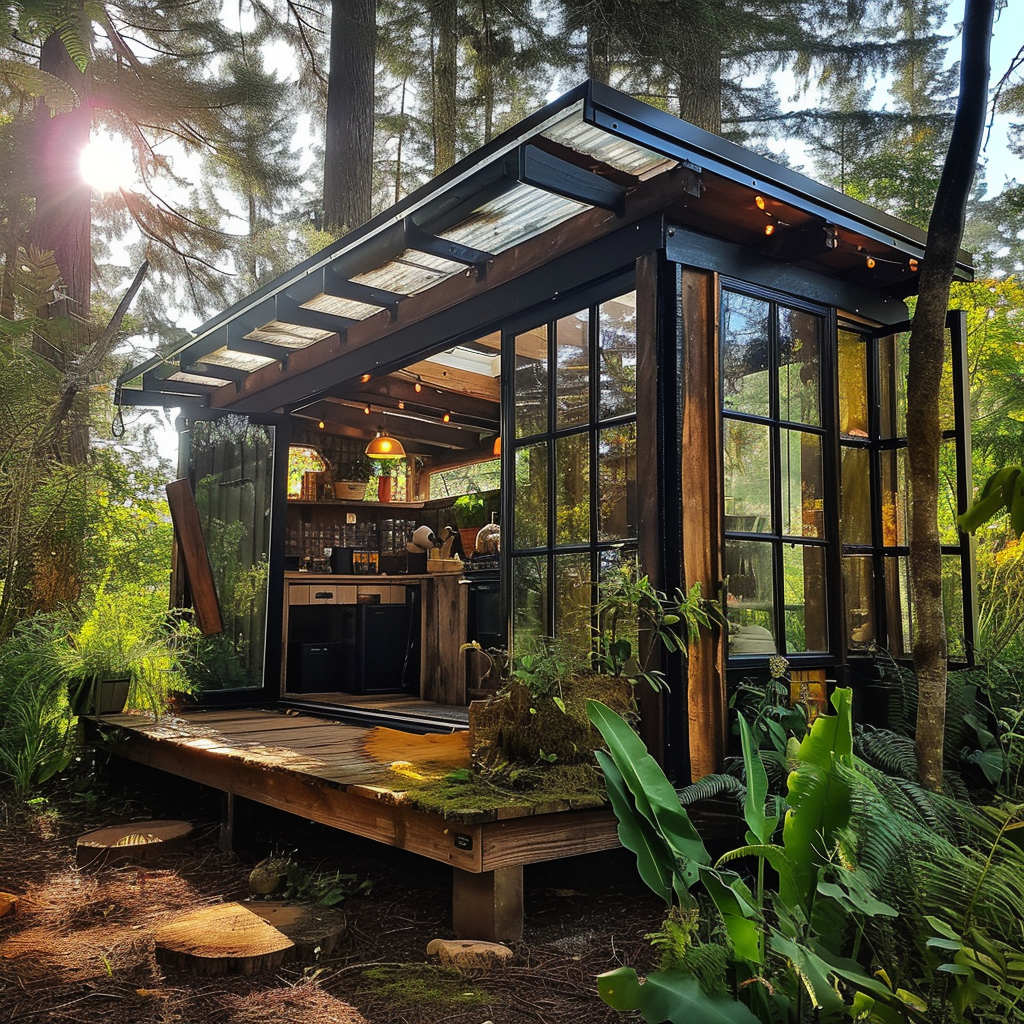
Energy and Power Generation
Generating your own energy is a fundamental aspect of off-grid living. Here are a few options for powering your off-grid lifestyle:
Solar Power Systems
Solar power is one of the most popular and readily available sources of renewable energy. Investing in solar panels allows you to harness the sun’s energy and convert it into electricity. Install a battery storage system to store excess energy for use during cloudy days or at night. Solar power systems provide a reliable and sustainable source of energy for your off-grid lifestyle.
Wind Turbines and Hydroelectric Power
In countries with strong winds or accessible water sources, wind turbines and hydroelectric power can be viable options for generating off-grid electricity. Wind turbines convert wind energy into electrical power, while hydroelectric systems harness the energy from flowing water. Consider the local climate and geography to determine the feasibility and potential of these renewable energy sources.
Bioenergy and Biomass
Bioenergy and biomass systems utilize organic waste and biomass materials to produce energy. This includes sources such as wood pellets, agricultural waste, or even human waste. Bioenergy systems can generate heat or electricity, reducing dependence on traditional fossil fuels. Consider the availability of organic waste materials in your chosen foreign country to determine the feasibility of bioenergy systems.
Generating Electricity Off the Grid
When living off-grid, it’s important to have a backup plan for electricity generation during times of low renewable energy production. Backup options such as generators or battery systems can provide a reliable power supply when needed. Assess the energy requirements of your off-grid lifestyle and select the most appropriate backup power system.
Water Resources and Management
Access to clean water is essential for off-grid living. Here are some considerations for managing your water resources:
Rainwater Harvesting
Rainwater harvesting involves collecting and storing rainwater for various uses. Set up a system of gutters, downspouts, and storage tanks to capture rainwater from the roof of your off-grid home. Ensure proper filtration and treatment methods to make the rainwater safe for drinking and other domestic uses. Rainwater harvesting offers a sustainable and reliable water source, especially in areas with limited access to clean water.
Well or Borehole Systems
Digging a well or borehole is another option for accessing groundwater. Consult with local experts to assess the feasibility of well drilling in your chosen foreign country. Ensure regular maintenance and testing to ensure water quality and availability. Well or borehole systems provide a consistent and self-sufficient water source for off-grid living.
Purifying and Filtering Water
Regardless of the water source, it’s crucial to implement effective water purification and filtration systems. Invest in water filters, UV sterilizers, or chemical treatment methods to remove any contaminants and ensure safe drinking water. Regularly monitor the quality of your water supply to maintain health and well-being.
Conservation and Efficient Usage
Water conservation and efficient usage should be a priority in off-grid living. Implement water-saving practices such as low-flow fixtures, rainwater recycling, and graywater reuse. Educate yourself on effective water management techniques and incorporate them into your daily routine. By conserving water, you can ensure a sustainable and reliable water supply for your off-grid lifestyle.
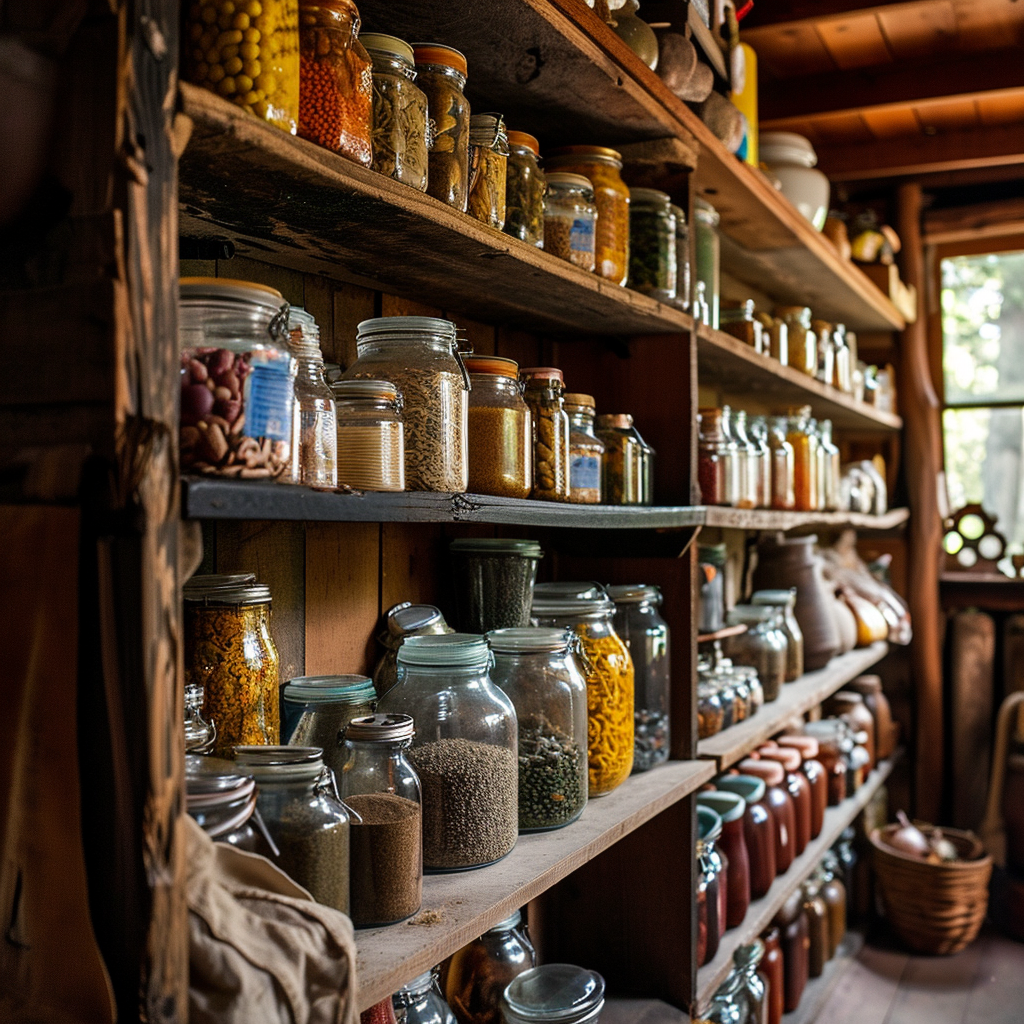
Food Production and Self-Sufficiency
Growing your own food is a fundamental aspect of off-grid living. Here are some considerations for achieving self-sufficiency:
Permaculture and Organic Farming
Permaculture and organic farming practices aim to mimic natural ecosystems and promote sustainable agriculture. Incorporate permaculture principles such as companion planting, soil enrichment, and natural pest control into your food production system. Avoid the use of synthetic fertilizers and pesticides to maintain organic and sustainable farming practices.
Growing Fruits, Vegetables, and Herbs
Diversify your food production by growing a variety of fruits, vegetables, and herbs. Consider the local climate and soil conditions to determine the types of crops that thrive in your chosen foreign country. Embrace heirloom and indigenous varieties for added biodiversity and resilience. Growing a range of produce ensures a balanced and nutritious diet.
Raising Livestock and Poultry
For those interested in raising livestock and poultry, consider the availability of suitable land and local regulations regarding animal husbandry. Research the local breeds that are well-adapted to the climate and require minimal inputs. Ensure proper animal welfare practices and provide a sustainable feed source such as pasture or homegrown fodder.
Aquaponics and Hydroponics
Aquaponics and hydroponics are soilless farming systems that allow for year-round cultivation in limited spaces. Aquaponics combines aquaculture (fish farming) with hydroponics (growing plants in water) to create a symbiotic system. Hydroponics involves growing plants directly in nutrient-rich water. Consider these innovative farming methods for sustainable food production, especially in areas with limited arable land.

Waste Management and Recycling
Implementing effective waste management and recycling practices is crucial for maintaining a sustainable off-grid lifestyle. Here are some options to consider:
Composting and Vermiculture
Composting is a simple and effective way to recycle organic waste and produce nutrient-rich soil for gardening. Establish a composting system that includes both kitchen scraps and garden waste. Consider incorporating vermicomposting, which involves using worms to break down organic matter quickly. Composting and vermiculture reduce landfill waste and provide valuable resources for your off-grid garden.
Recycling Systems
Implement a recycling system for non-organic waste such as paper, plastic, glass, and metal. Identify recycling centers or programs in your chosen foreign country. Separate recyclable materials from general waste and ensure proper disposal and recycling practices. Recycling promotes resource conservation and reduces environmental impact.
Reducing and Reusing
Reduce waste by adopting a minimalist and sustainable lifestyle. Avoid unnecessary packaging, choose reusable products, and repair or repurpose items whenever possible. Embrace a circular economy mindset that maximizes resource use and minimizes waste. By reducing and reusing, you can significantly decrease your off-grid ecological footprint.
Responsibly Disposing of Waste
Proper waste disposal is essential for maintaining a clean and healthy environment. Ensure that you follow local regulations for waste disposal and utilize appropriate waste collection services. Dispose of hazardous waste safely, such as batteries or chemicals, by utilizing specialized recycling programs. Responsible waste management protects both your off-grid living space and the surrounding ecosystem.
Internet and Communication
Maintaining digital connectivity and communication is important, even when living off the grid. Here are some options to consider:
Satellite Internet Services
In remote areas, satellite internet services provide reliable internet access. These services rely on satellites orbiting the Earth, allowing for connectivity even in locations without traditional infrastructure. Research satellite internet providers and select a plan that suits your needs. Satellite internet ensures that you can stay connected with the rest of the world while living off-grid.
Mobile Networks and Coverage
Check the availability of mobile networks and coverage in your chosen foreign country. Research cellular service providers and determine which network offers the best coverage in your off-grid location. Reliable mobile network coverage allows for communication and internet access via mobile devices. Stay connected with loved ones and access necessary online resources while living off the grid.
Alternative Communication Methods
In areas with limited internet and mobile network coverage, consider alternative communication methods. This could include shortwave radios, satellite phones, or even amateur radio networks. Research communication options that can function independently of traditional internet and mobile networks. Alternative communication methods ensure that you can stay connected, even in remote off-grid locations.
Maintaining Digital Connectivity
When living off the grid, ensure that you have appropriate equipment to maintain digital connectivity. Invest in solar-powered chargers and battery backup systems to keep your devices powered. Consider energy-efficient devices that require minimal power consumption. By prioritizing digital connectivity, you can stay connected and access necessary online resources while enjoying off-grid living.
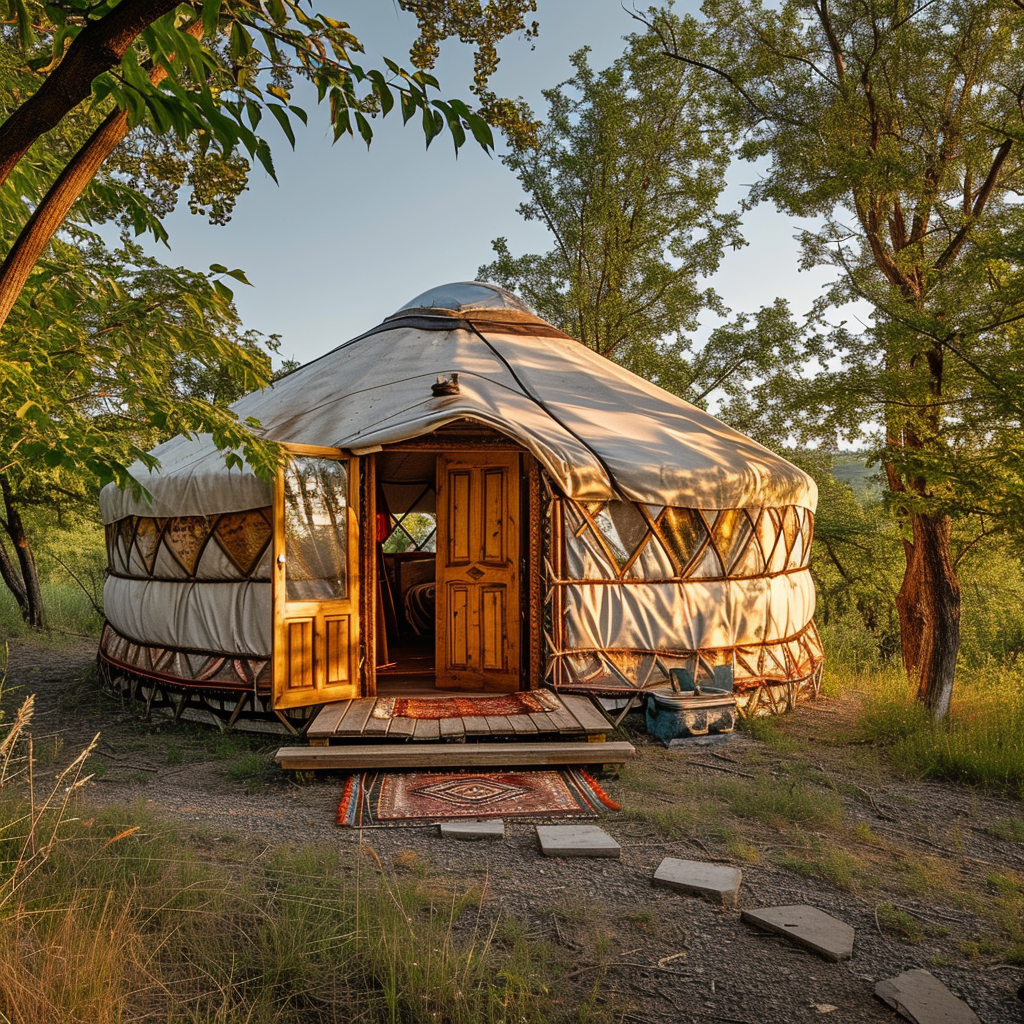
Healthcare and Essential Services
Access to healthcare and essential services is crucial when living off the grid. Here are some considerations:
Access to Medical Facilities
When choosing a foreign country to live off-grid, consider the availability of medical facilities. Research the quality of local hospitals, clinics, and healthcare professionals. Understand the proximity to emergency services and the availability of specialized medical care if needed. Access to reliable healthcare ensures that you can take care of your well-being while living off-grid.
Alternative Healthcare Options
Explore alternative healthcare options available in your chosen foreign country. This could include traditional medicine, herbal remedies, or holistic healing practices. Familiarize yourself with local healthcare traditions and practitioners who offer alternative healthcare services. Alternative healthcare options can complement conventional medical care and support your well-being in an off-grid setting.
Emergency Services Availability
Evaluate the availability of emergency services in your off-grid location. Understand the response time and capabilities of local police, fire departments, and other emergency services. Consider the proximity of your off-grid home to these services and plan accordingly. By ensuring access to emergency services, you can be prepared for any unforeseen situations.
Basic Daily Needs and Supplies
When living off the grid in a foreign country, consider the availability of basic daily needs and supplies. Ensure that you have access to food markets, pharmacies, and other essential services. Research the local customs and practices for obtaining necessary supplies. Prioritize your well-being by ensuring a steady supply of essentials for your off-grid lifestyle.
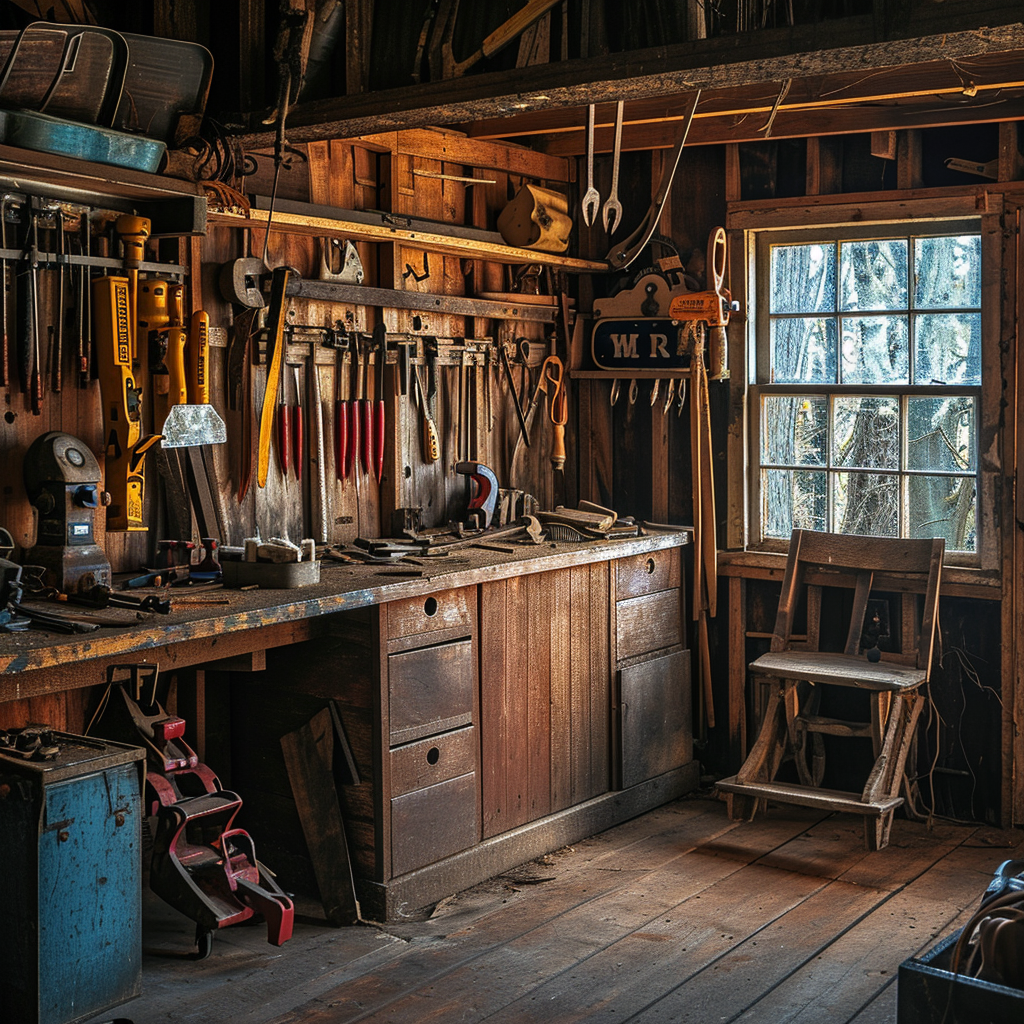
Cultural Integration and Language
To fully embrace off-grid living in a foreign country, it’s essential to integrate into the local culture. Here are some considerations:
Learning the Local Language
Learning the local language is crucial for effective communication and cultural integration. Take language classes or use language learning apps to familiarize yourself with the local language. Engage with locals and practice your language skills regularly. Speaking the local language opens up opportunities for meaningful connections and cultural understanding.
Adapting to Cultural Norms
Adapting to cultural norms is essential when living off-grid in a foreign country. Familiarize yourself with local customs, traditions, and etiquette. Respect the cultural practices of the community in which you live. Embrace and appreciate the differences, as cultural integration enriches the off-grid living experience.
Building Relationships within the Community
Building relationships within the local community is crucial for support and integration. Attend community events, join local groups, and engage in volunteer work. Show a genuine interest in the community and its members. Building relationships fosters a sense of belonging and creates a supportive network for your off-grid journey.
Respecting and Preserving Local Traditions
Respect and preserve local traditions when living off-grid in a foreign country. Take part in cultural celebrations and festivals. Learn about the history and significance behind local traditions. Contribute to preserving local culture by respecting sacred sites and landmarks. By showing respect for local traditions, you contribute to a harmonious off-grid lifestyle in your chosen foreign country.
Living off-grid in a foreign country is a rewarding and enriching experience. By thoroughly researching, carefully selecting suitable land, implementing sustainable practices, and embracing the local culture, you can create a self-sufficient and fulfilling off-grid lifestyle. Take the time to plan and prepare effectively, and enjoy the freedom and connection to nature that off-grid living offers.

